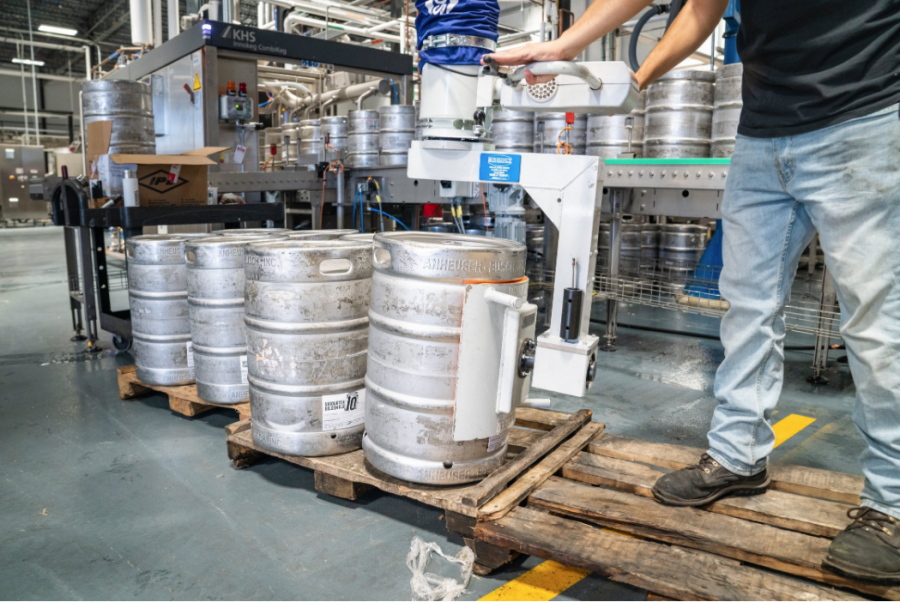Industrial flooring is different from other commercial flooring because apart from high traffic, it is subjected to other types of abuse, such as corrosion or constant wetness. An ordinary concrete floor may therefore be rendered ineffective. Floors in an industrial processing facility should be anti-corrosive, waterproof, and resistant to traction situations.
The latter will prevent slippage accidents, and your employees will thank you for it. Beverage and food processing facilities spread across the United States require floors that keep employees safe and safeguard the end user from contamination.

Dairy Bricks
Dairy bricks are similar in material makeup to other kinds of brick, but they’re made with much more pressure and are baked at a much higher heat. This makes them non-porous, unlike other types of brick. This makes them perfect for any type of environment that requires sanitary conditions, like a food processing plant.
They are also heat and chemical resistant, so they’re easier to clean without risking damage to them. Spillages of corrosive substances, high foot traffic, and constant weight of tanker trucks and forklifts can take a toll on ordinary floors. Dairy brick floors save expenditure as they withstand all this pressure. Talk to a brick and tile company like Archway Brick and Tile about installing dairy bricks for your food processing facility.
Vitrified Tile
Vitrified tile—a ceramic tile made using a mixture of quartz, silica, clay, and feldspar—is low in porosity because it is molded using a hydraulic press. Low porosity in the food manufacturing industry is crucial, because it prevents bacteria growth. This tile is also very durable
Because there are so many shapes and colors of vitrified tile, this is an attractive and customizable option for your facility. If your facility is one that sees a lot of visitors who come through—whether visiting partners or school field trips—this can be a big bonus.
Coatings
There are many types of floor coatings that are commonly used in food processing facilities. Coatings go over a concrete floor or another type of flooring, and because they don’t require a whole new floor, they can be a cheaper option. Like dairy brick and vitrified tile, they’re a hygienic surface that can stand up against heat, chemicals, and other conditions. They are also easy to clean because they are seamless.
Epoxy coatings are particularly durable, and can withstand both acids and alkalis. They can also be made to be slip-resistant to help ensure your employees’ safety. Additionally, they’re usually quick to install, requiring less downtime.
Urethane coatings are another popular coating in the food industry, especially for meat processing plants. They can be a little more expensive that epoxy, but they’re extremely durable, so the cost for repairs and replacement will likely be lower.
Because breweries, dairies, and food processing plants produce products for human consumption, their floors should be made of products that have been subjected to particularly high standards for cleanliness and safety. Consequently, every inch of these facilities is subject to extremely high standards from the ceilings to the floors, to ensure cleanliness and safety.